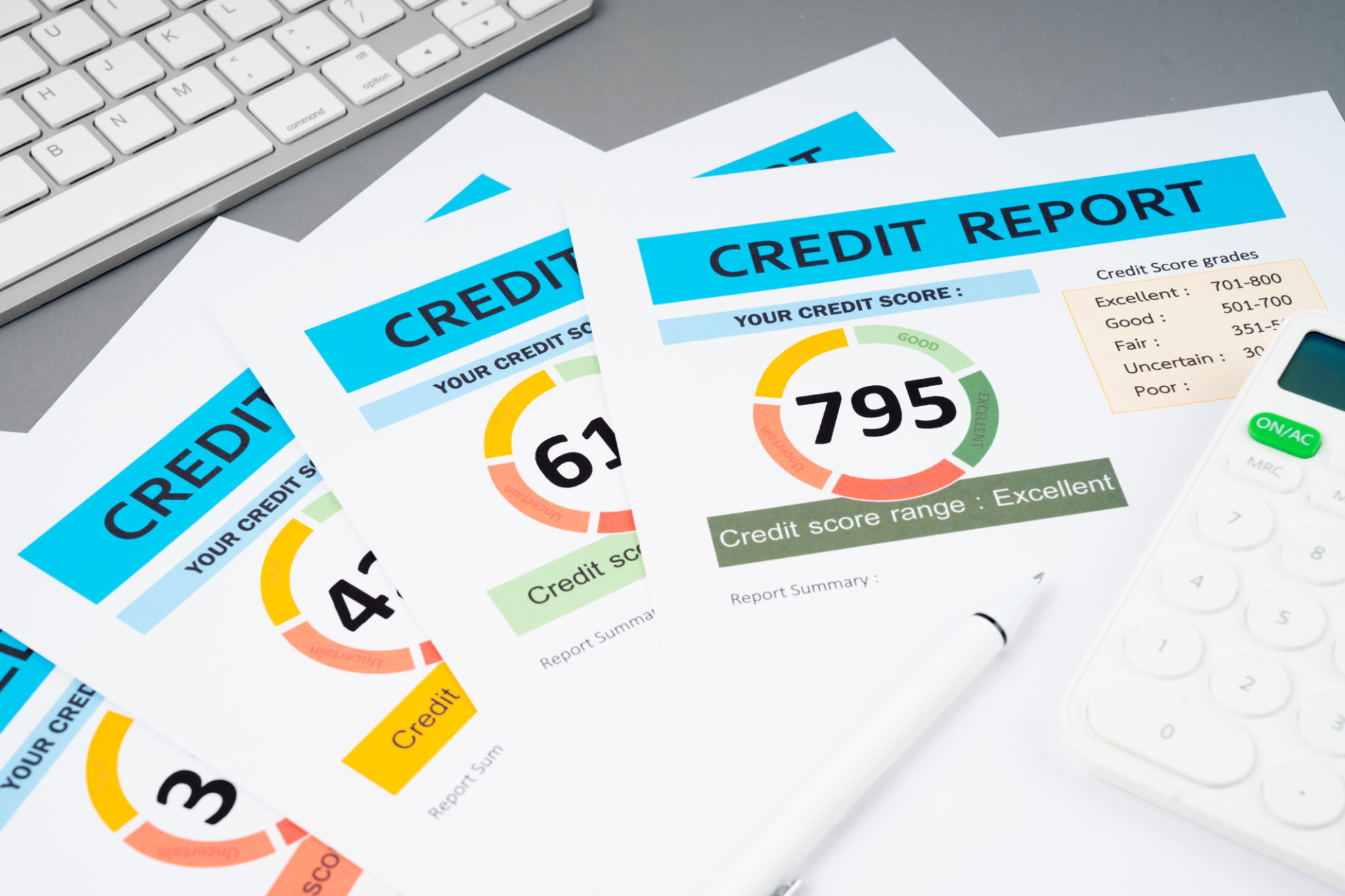Expert Insights: Common Misconceptions About Business Credit Scores
Understanding Business Credit Scores
Business credit scores are a crucial aspect of a company's financial health, yet many entrepreneurs and business owners often misunderstand how these scores work and what influences them. Just like personal credit scores, business credit scores play a significant role in determining a company’s ability to secure financing, negotiate favorable terms with suppliers, and manage cash flow effectively.

Common Misconception: Personal and Business Credit are the Same
One of the most prevalent misconceptions is that personal and business credit scores are interchangeable. While both are used to assess creditworthiness, they are distinct entities. Personal credit scores are tied to an individual's social security number and reflect personal financial behavior. In contrast, business credit scores are linked to an employer identification number (EIN) and evaluate the creditworthiness of the business itself.
It's essential for business owners to separate personal and business finances to protect personal assets and ensure accurate credit reporting for their company. This separation can also help in building a strong business credit profile, which can be crucial for growth and expansion.
Misconception: Business Size Doesn’t Affect Credit Scores
Another common misunderstanding is that the size of a business doesn't impact its credit score. In reality, larger businesses often have more robust credit profiles due to a longer history of financial transactions and larger cash flows. However, small businesses can also build strong credit scores by demonstrating consistent payment behavior and maintaining healthy financial practices.

Small business owners should focus on establishing credit early, even if their company is still relatively young. This can include opening business credit accounts, paying bills on time, and regularly monitoring their credit reports for accuracy.
Confusion About What Affects Business Credit Scores
Many business owners are unsure about what factors contribute to their credit scores. The key components include payment history, amounts owed, length of credit history, new credit inquiries, and the type of credit used. Regularly checking your business credit report can help identify areas for improvement and ensure that the information is up-to-date.
One practical step is to establish relationships with vendors and suppliers who report payments to credit bureaus. Consistently paying these partners on time can significantly enhance your business's credit score.

The Myth of Instant Credit Score Improvement
Some entrepreneurs believe that they can quickly improve their business credit score with a few strategic moves. While certain actions can lead to improvements, boosting a business credit score is generally a gradual process that requires consistent effort over time. Regularly reviewing financial practices and making timely payments are essential strategies for long-term improvement.
It's also important to dispute any inaccuracies on your credit report promptly. Errors can adversely affect your score, so correcting them is a critical part of maintaining a healthy business credit profile.
The Impact of Business Credit Scores on Growth
Understanding and managing your business credit score can have a significant impact on your company's growth opportunities. A strong score can lead to better financing options, lower interest rates, and more favorable terms with suppliers. Conversely, a poor score can limit these opportunities and make it more challenging to sustain operations during tough times.
By debunking common misconceptions and taking proactive steps to manage your business credit score, you can position your company for greater success and stability in the competitive market.